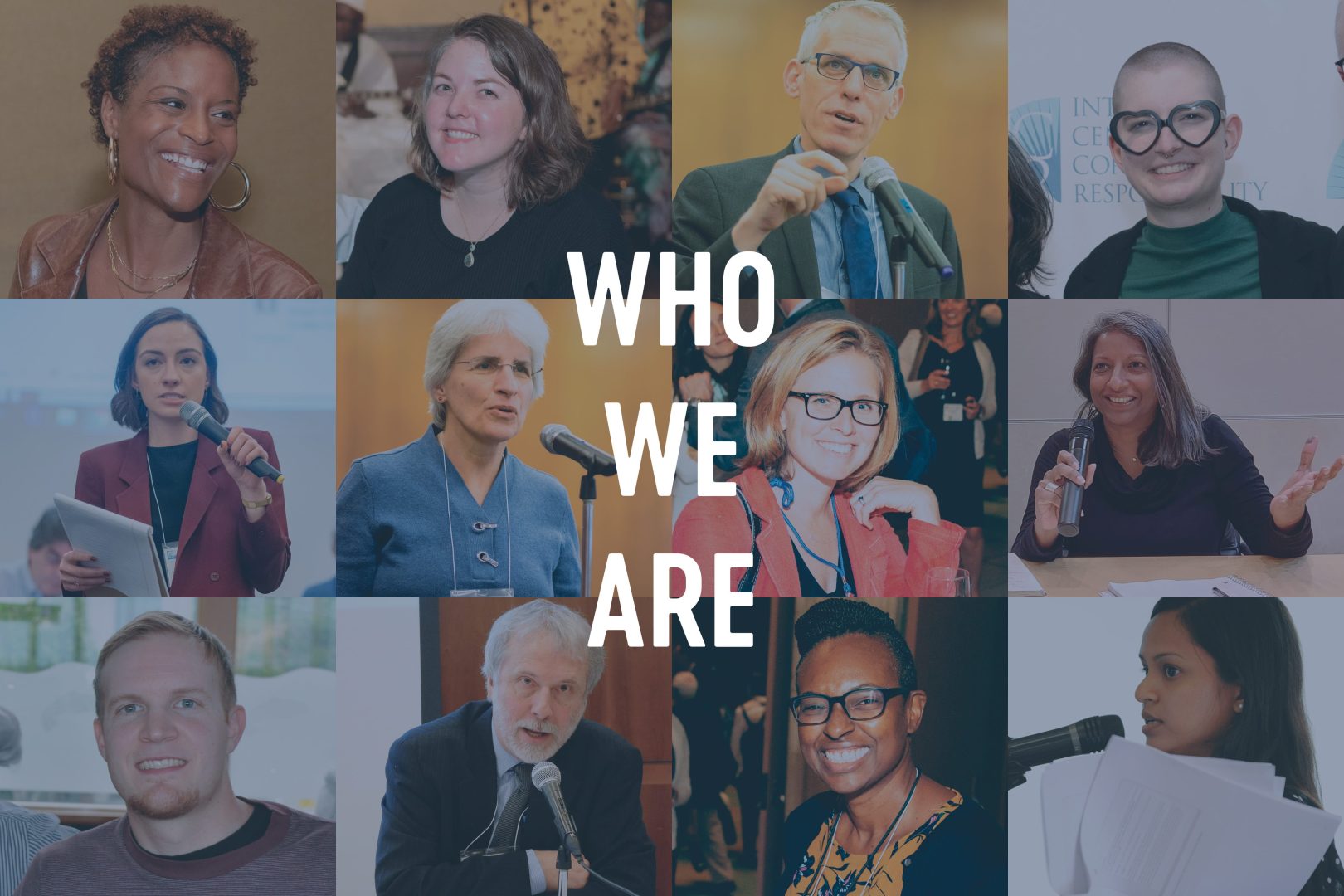Environmental justice refers to the just treatment and meaningful involvement of all people, regardless of income, race, color, national origin, Tribal affiliation, or disability, in the decision-making and activities that affect their health and environment. For the vision of environmental justice to be realized, all people must be fully protected from disproportionate and adverse human health and environmental effects, risks, and hazards, and must have equitable access to healthy, sustainable, and resilient environments in which to live, play, and work.
Investors uphold that access to clean, healthy, and sustainable living environments is a universal human right. The legacy of racism and the actions of public and private actors have resulted in disparate access to this right, leaving marginalized communities to disproportionately shoulder the burden of pollution in the United States and beyond. The perpetuation of such environmental injustice through business operations and practices creates serious social and health equity risks, which in turn pose material financial risk for investors and corporations alike.
The Investor Working Group on Environmental Justice (IWGEJ), started in 2022, is an investor-led working group consisting of more than 25 North American asset managers and other investor organizations. The group is co-supported by the Investor Environmental Health Network (IEHN), a program of Clean Production Action, and the Interfaith Center on Corporate Responsibility (ICCR).
Our Theory of Change
As long-term stewards of capital, investors expect companies to proactively prevent, address, and mitigate environmental justice risks, create meaningful and collaborative pathways toward remedy where harm is uncovered, and drive innovation toward inherently safer processes and inputs, permanently breaking cycles of injustice and harm. We aim to use our influence within the financial markets to hold companies accountable for their human health and environmental impacts, focusing on those stakeholders most directly impacted.
Commitment to Working with Impacted Stakeholders
Environmental justice communities have long fought for corporate accountability and environmental protections. In the United States, Black, Indigenous, Latinx, and other communities of color have led the environmental justice movement for decades. The working group is committed to partnering with environmental justice leaders and grassroots groups to advance our theory of change. We will seek, honor, and incorporate stakeholders’ lived experiences, priorities, and feedback into our engagement efforts.
The Business Case for Action
Over the last few years, federal and state governments and agencies across the United States have made unprecedented commitments around environmental justice, and in 2022, the UN General Assembly declared access to a clean, healthy, and sustainable environment a universal human right.
As a result, companies are increasingly subject to government actions—including fines, mandatory facility closures, required technology upgrades, or revoked, denied, or delayed facility and pollution permits—based on environmental justice indicators and outcomes. Governments are also increasing the availability of, and access to, localized pollution data, which can create an avenue for pollution attribution and subsequent litigation. The inclusion of environmental justice expectations into contracting decisions may further affect companies’ ability to compete, operate, and grow. Growing public recognition of the topic has also led to increased coverage of controversies, which can damage a company’s reputation and social and legal license to operate, while community opposition and resistance can elevate litigation risk.
On the other hand, companies that proactively work to prevent harm through pollution prevention strategies, hazard reduction, investment in inherently safer chemicals and processes, and meaningful community engagement programs may not only avoid these risks but uncover opportunities for growth, innovation, and long-term resiliency. Read more
Environmental Justice Resources
- IEHN, “The Business Case for Addressing Environmental Justice,” February 2024:
- “The Principles of Environmental Justice (EJ),” as drafted and adopted during the First National People of Color Environmental Leadership Summit held on October 24-27, 1991.
- Example shareholder proposals: Honeywell (2024), Southern Co. (2024), Dow (2022)
- Example exempt solicitation: Republic Services (2021)
- Investor letter to banks on Formosa Plastics financing in Cancer Alley
To learn more about investor work on environmental justice, reach out to us at:

Alexandra provides expertise, guidance, and counsel to investors on engagement strategies that positively impact corporate behavior on chemical footprinting, more sustainable and safer chemistry innovations and environmental justice.
Email:alexandra@cleanproduction.org





